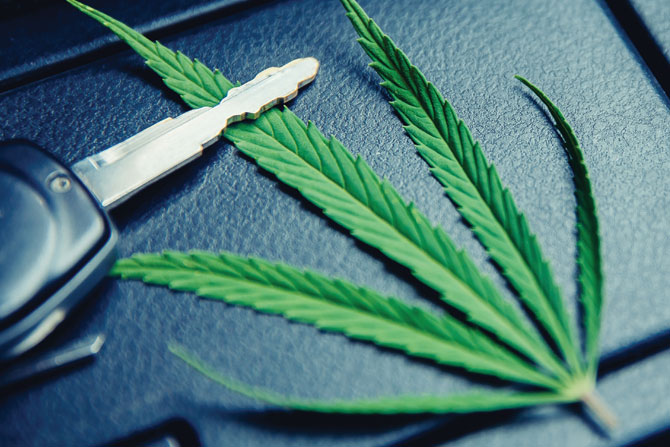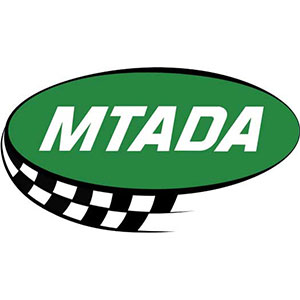On Nov. 3, 2020, almost 57% of Montana’s voters approved Ballot Issue I-190, which legalized medical marijuana in the state. Half of Montana’s counties approved the measure, which means that legalization will occur by default in those counties. The counties where voters did not approve recreational marijuana will need most voters to reverse their decision before recreational marijuana can become legal in those counties.
Ballot Issue I-90 law went into effect Jan. 1, 2021, but the state has until Oct. 1, 2021, to administer, enforce and issue dispensary licenses. Other laws about marijuana use include the following:
- Constitution Initiative 118 (CI-118) was approved to modify the state constitution so that the legislature could do its work to control the possession and use of marijuana. CI-118 also designated 21 as the legal age for using recreational marijuana.
- H.B. 655 prevents employees who fail a drug test or refuse a drug test as part of a workplace drug policy from getting workers’ compensation benefits. There’s an exception for employees who take marijuana for medical reasons.
- H.B. 691 will provide guidelines for implementing and regulating the medical marijuana program voters approved. H.B. 691 goes into effect in January 2022.
There are rules about using recreational marijuana.
- You are allowed to smoke it.
- Consumption has to be in private.
- You can’t operate vehicles, planes or boats while under the influence.
- You are in trouble if there is enough marijuana in your system to cause impairment.
What constitutes impairment under Montana law? It’s not just the amount of THC in your blood; if you act impaired, you are impaired. A driver can be convicted of a DUI with less than 5 ng/ml if they act impaired. However, blood levels are not allowed to be at or above 5 ng/ml of THC.
Legalization is a big step for any state to take, especially since the federal government continues to lag on legalizing recreational marijuana, but that doesn’t mean residents (or employees) can use marijuana anytime they want. Specifically:
- Employers don’t have to accommodate use or possession on the employer’s property or in the workplace. Employees also can’t use or possess it while using the employer’s equipment.
- They can discipline employees for working while intoxicated with marijuana or for violating a company drug policy.
- Employees can’t drive while they are impaired or under the influence of marijuana.
- Employers can put a clause in employment contracts prohibiting the use of marijuana to treat medical conditions, even serious ones, if there is a conflict with a bona fide occupational qualification that is reasonably related to the employee’s work. In other words, penalties and discipline are limited to cases where the employee’s work performance is affected.
- If someone violates a workplace drug policy or works while intoxicated, employers can fire them, discipline them or take some other adverse action. Also, employers don’t have to hire someone with a record of work-related marijuana use.
- Employees can’t file a wrongful termination suit against an employer if the employer fires them because of work-related marijuana use.
The legal line being drawn is reasonable because it is based on whether marijuana use will negatively affect the employer or other employees. As a dealer, you can’t refuse to hire, promote or increase compensation for someone if you know they use marijuana when they aren’t working and aren’t on the dealership property. However, that doesn’t mean an employer has to ignore the problem if an employee’s job performance is affected by marijuana.
Employers should be cautious about blood tests. A positive drug test is not enough reason to take action against an employee. There also has to be some evidence of impairment on the part of the employee.
Some employers have employees take random blood tests, and they also sometimes ask prospective employees to take pre-employment drug tests. All tests have to be confidential. However, Montana law does not define “intoxication,” and there are limits about which employees can be asked to take a drug test.
You should be familiar with Montana’s restrictions on drug testing so you can comply with them as an employer. Talk with an attorney if you have specific concerns, but in general, drug testing is legal in the following common-sense situations:
- When mandated by federal law
- When the employee operates or is close to equipment such as industrial machinery
- When the employee handles substances that are flammable or could explode, toxic substances or present some other danger
In 1996, California was the first state to legalize medical cannabis. (Montana legalized medical marijuana in 2004.) California legalized recreational marijuana in 2016. How have California companies handled drug testing? Those employers that test for drug use in prospective employees have usually chosen to ignore tests that show traces of cannabis. Employees are told they can’t use marijuana on the job, and the employers trust them to comply.
Employers do have a responsibility to remind employees about existing prohibitions that affect possessing or using marijuana at work. Now is also a good time to update drug-testing policies.
For more information about issues to consider when deciding about workplace rules for marijuana, refer to the following website: https://www.nationaldrugscreening.com/employee-marijuana-use-checklist-of-impacting-issues/.










